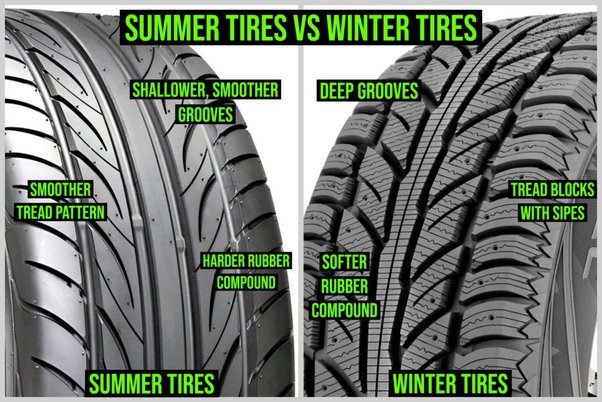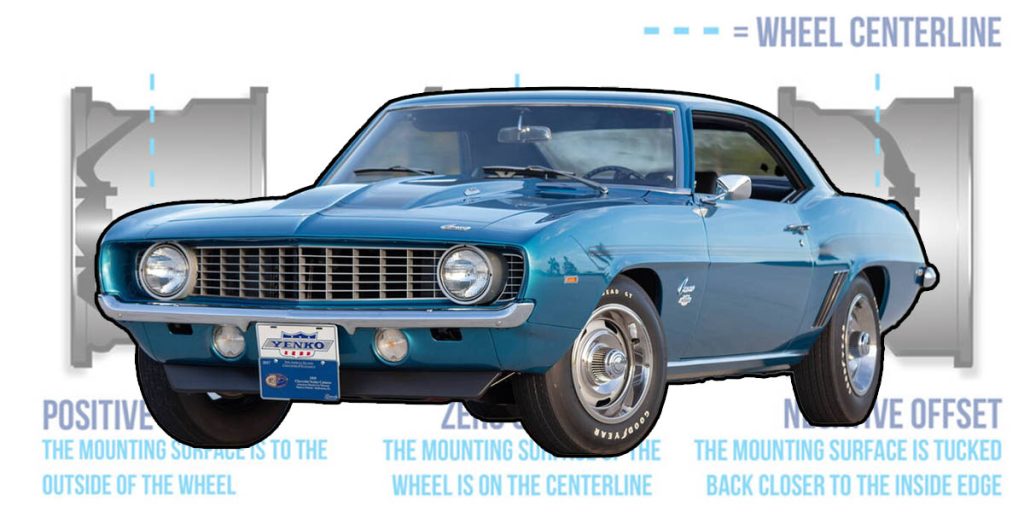
Celebrate this Tax Day Sale – Get 10% Off Orders Over $249 and get your restoration started!
Tax Day Sale! Get 10% Off* when you apply the Code: TAX25 during checkout on orders over $249, valid until 04/13/25 (9pm ET). Save on the essential parts that keep your restoration moving forward.




